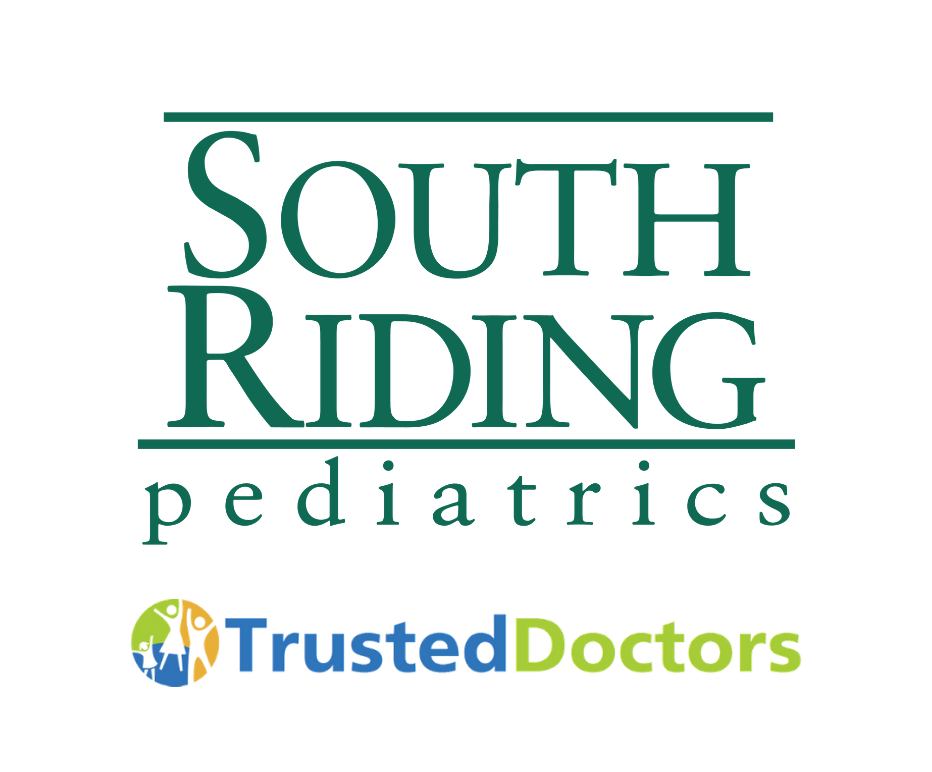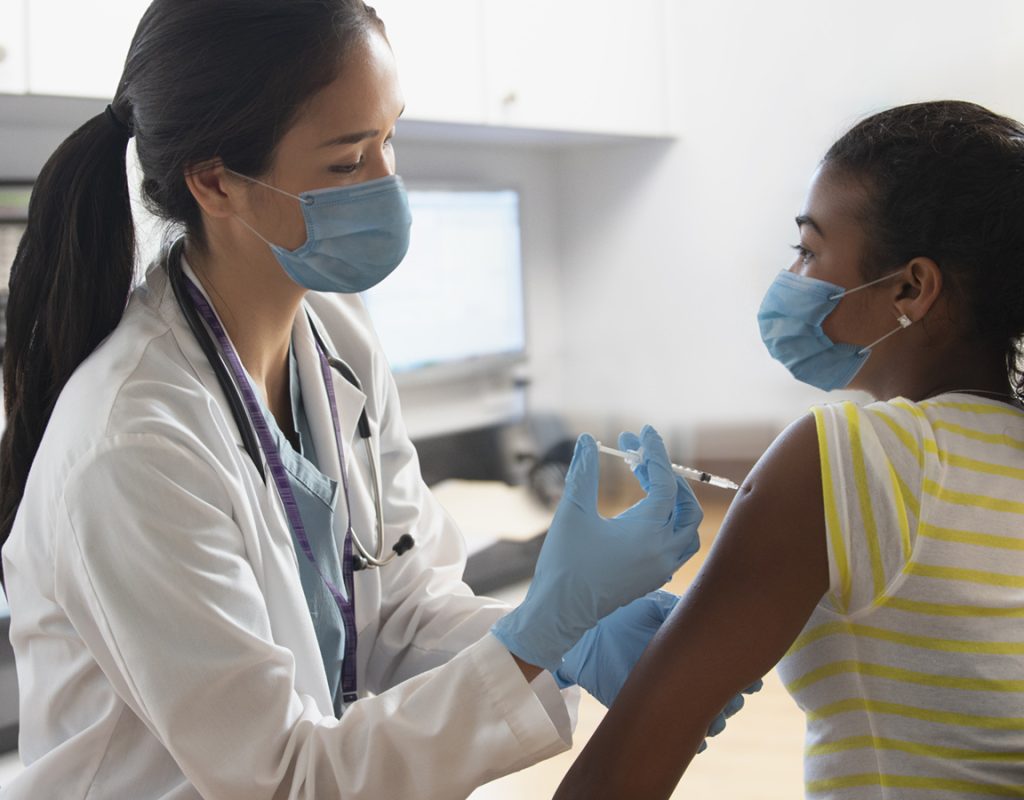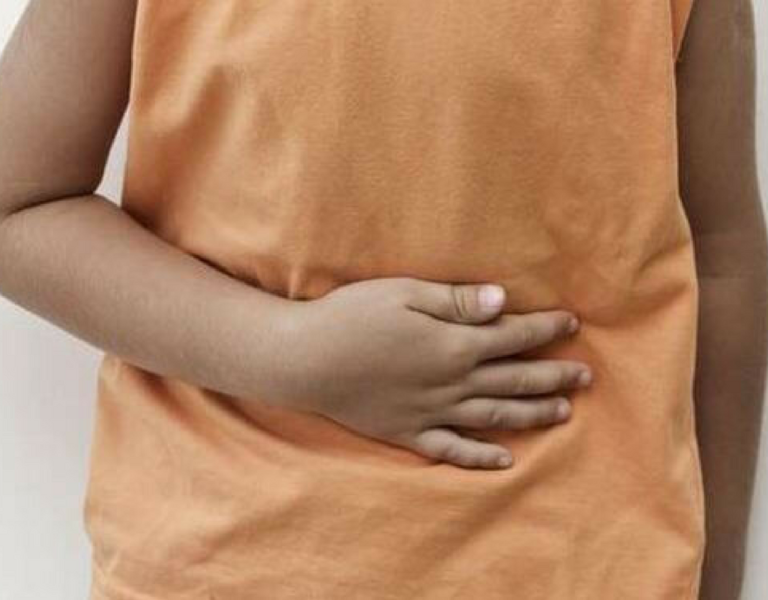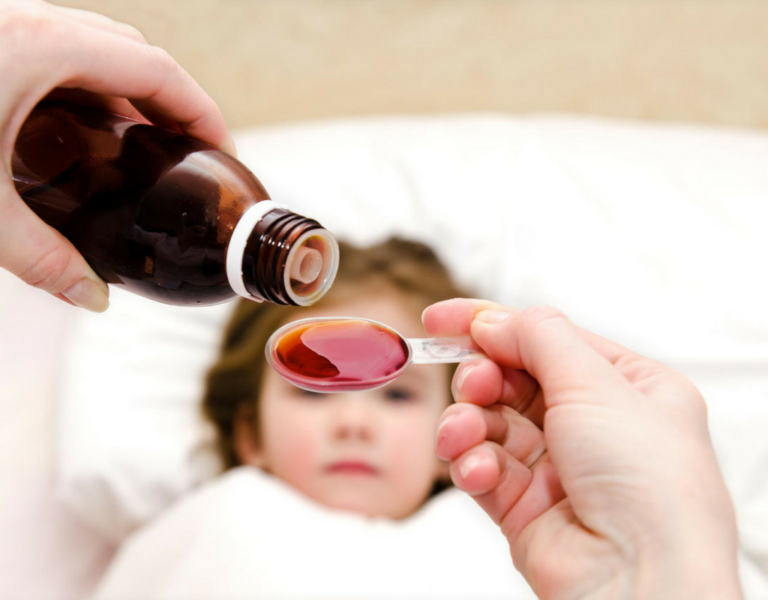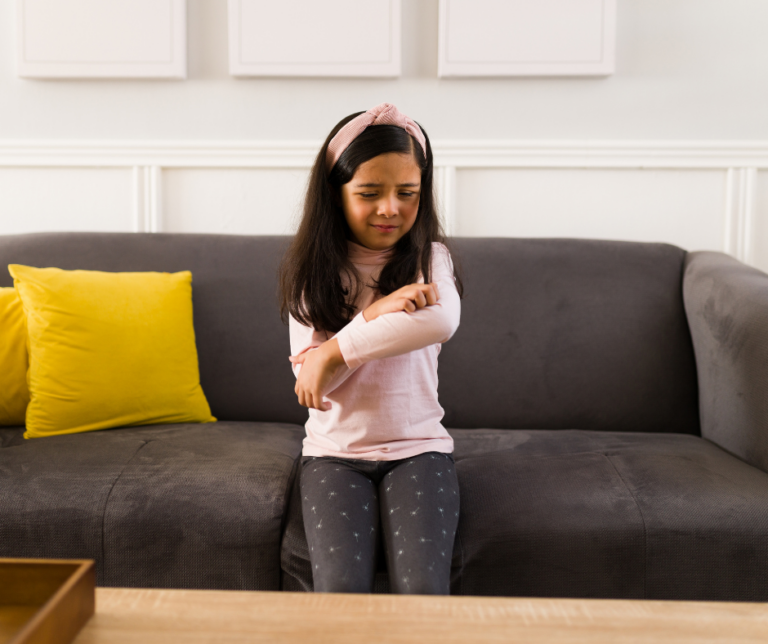The U.S. Food and Drug Administration (FDA) and the U.S. Centers for Disease Control (CDC) have recently expanded the emergency use authorization (EUA) for the COVID-19 Pfizer vaccine to adolescents ages 12 – 15. They will likely authorize one or more of the COVID vaccines for use in younger children in the months ahead.
But many parents question whether or not the vaccine is safe for children. We’ve aggregated information and resources to answer frequently asked questions and to address common concerns about COVID-19 vaccination for our tween and adolescent patients.
How does the COVID Pfizer vaccine work?
The Pfizer COVID-19 vaccine takes advantage of the process that cells already use to make proteins by introducing mRNA that contains the blueprint for one of the coronavirus proteins, specifically the spike protein.
The spike protein is the protein the coronavirus uses to attach to our cells. Preventing virus-cell attachment by making antibodies against the spike protein, in turn, prevents coronavirus from infecting cells. The mRNA that codes for the SARS-CoV-2 spike protein is taken up by specialized cells of the immune system, called dendritic cells, which put small pieces of the spike protein on their surface, travel to a nearby lymph node, and stimulate other cells of the immune system (B cells) to make antibodies. This is why some people who get the mRNA vaccine have swelling in the lymph nodes under the arm that was inoculated. The antibodies made during this process prevent virus-cell attachment in the future.
Read more from the Children’s Hospital of Philadelphia about how COVID mRNA vaccines work.
Can an mRNA vaccine change someone’s DNA?
No. The mRNA vaccines lack all of the basic requirements necessary to alter DNA in that:
-
mRNA vaccines cannot get into the cell’s nucleus where DNA resides.
-
Even if mRNA could enter the nucleus, it would have to be converted to DNA. This requires an enzyme called reverse transcriptase, which the mRNA vaccines don’t contain.
-
The mRNA vaccines don’t contain an enzyme called integrase, which is also required for mRNA to insert itself into the DNA.
Why do we need 2 shots?
Research during the trial phase for each of the mRNA vaccines showed that after a certain amount of time, the rate of immunity to COVID-19 plateaued with just one dose but that the second dose helped boost the immunity to higher rates.
Studies from the CDC showed up to 80% effectiveness with one dose of the Pfizer vaccine but 90% effectiveness with two doses. Pfizer claims 91% effectiveness after two doses with even higher rates of prevention against serious illness from COVID-19.
This viral TikTok video illustrates in a fun way why two shots are needed.
Is it safe for children?
The Pfizer COVID-19 mRNA vaccine is currently approved for those 12 years of age and older. Other COVID-19 vaccines are still being tested in those younger than 18 years of age.
When the Pfizer vaccine was tested in 12- to 18-year-olds, it was found to be safe: Those 16- to 18-years old were included in the trials presented to the FDA in December 2020. Since then, more than 2 million teens have received one dose of the vaccine, and more than 1 million had received both doses by May 12, 2021 – the date that the vaccine was approved for 12- to 15-year-olds. No vaccine safety concerns have been identified.
What side effects are expected?
Pfizer has reported that side effects of the shots appear to be similar in children and adults. The most common side effect reported is pain at the injection site. Your child may also feel more tired than usual. Headache, muscle and joint aches, and fever and chills are also possible. These side effects are temporary and usually resolve within 48 hours following vaccination.
Will the COVID vaccine cause heart problems?
While a few cases of myocarditis, or inflammation of the heart, have been reported in teens after receipt of the COVID-19 vaccine, the rates are not higher than would be expected in a non-vaccinated population.
Myocarditis is somewhat common, particularly as a result of viral infections. Cases tend to occur more often in the spring due to viruses that circulate at this time of year (specifically, coxsackie B viruses). Typically, about 100-200 cases occur per million people per year.
About 297 million doses of the COVID-19 vaccines have been given to date in the US, and about 4 million of these have been in teens. So, it would be expected that some cases would occur close in time to when the vaccines were given. As mentioned, currently the number of cases do not appear to be greater than background rates.
The CDC evaluated the incidence of myocarditis in vaccinated and unvaccinated people after about 900,000 doses of mRNA vaccines had been administered in the United States and found no differences between vaccinated and unvaccinated groups.
The cases of myocarditis that have occurred so far were more often in boys and more often after the second dose. Symptoms tended to occur about 4 days after receipt of the dose; however, they can occur for a couple of weeks after receipt of the vaccine. At present, these appear to be coincidental and not causal associations.
Parents and teens should watch for symptoms that may include chest pain, pressure, heart palpitations, difficulty breathing after exercise or lying down, or excessive sweating. One or more of these symptoms may also be accompanied by tiredness, stomach pain, dizziness, fainting, unexplained swelling, or coughing. If a recently vaccinated teen develops these symptoms or you are unsure, contact the child’s doctor or seek more immediate medical assistance if needed.
The CDC will continue to monitor the situation related to myocarditis, but for now, there is not a reason to stop vaccinating kids. The American Heart Association has also released a statement encouraging continued vaccination.
Will the COVID vaccine impact puberty or cause infertility?
No. The rumors related to COVID-19 vaccines affecting puberty or fertility are unfounded. The mRNA vaccines are processed near the injection site and activated immune system cells travel through the lymph system to nearby lymph nodes. They do not affect hormone levels and thus, there is no biological reason to expect that maturation or reproductive functionality of either males or females would be negatively affected by COVID-19 vaccination now or in years to follow.
Why should my child get vaccinated?
Children and adolescents can get sick from infection with the coronavirus and they can infect others. And while, in general, their cases tend to be less severe, some children have developed serious complications.
While children and teens may not be as likely to get severely ill from COVID-19, it can still happen. The average age of hospitalizations has been decreasing as the oldest members of our communities get vaccinated. With this in mind, parents and teens should consider the following:
– In the first 13 months of the pandemic, more than 1.5 million 12- to 17-year-olds have been knowingly infected. This number is likely to be an under-representation given that many people may not have symptoms or be sick enough to get tested or seek medical care.
– In April 2021, about 9% of those diagnosed with COVID-19 were 12 to 17 years old.
– Hospitalization rates among this age group have also been increasing. More than 13,000 12- to 17-year-olds were hospitalized with COVID-19 by early May 2021, and, in fact, more teens have been hospitalized with COVID-19 than were hospitalized with H1N1 during the 2009-2010 influenza pandemic.
– Conditions such as obesity, asthma, and developmental delay, as well as other pre-existing conditions, increase the chance for hospitalization.
– More than 125 adolescents and teens between 12 and 17 years of age have died from COVID-19, putting COVID-19 as one of the top 10 causes of death in this age group.
– As of the beginning of May 2021, more than 3,700 cases of multisystem inflammatory syndrome in children (MIS-C) have been diagnosed. About 1 in 5 of these occurred in 12- to 17-year-olds. MIS-C typically occurs 2 to 6 weeks after having COVID-19, can occur following a mild infection, tends to be more severe in adolescents and teens, and causes about 6 or 7 of every 10 individuals to be placed in intensive care. MIS-C can affect heart function, and 1 out of 100 children with this condition have died.
– This age group can also transmit the infection to more vulnerable family and community members, such as those who are unable to get the vaccine.
It is expected that when enough people are protected from the coronavirus, the risk of infection for your child — and the population in general — will begin to decline, even before vaccines are available for all children.
What can my child do once fully vaccinated?
Vaccines, along with mask-wearing, physical distancing and other precautions will help ensure your child’s gradual return to school, sports and their social lives. Once vaccinated, your child can resume many activities they enjoyed prior to the pandemic.
For more information on what you can do once fully vaccinated, visit this info page from the CDC.
What about children who are not yet old enough for the vaccine? Do they still need to wear masks?
Unvaccinated children can still catch COVID-19 and can also transmit the virus to others.
For inside activities, family members who live in the same household do not need to wear masks when they are together. Schools and childcare centers may have different guidelines about mask wearing indoors, so check with officials in those places.
For outside activities, anyone who is not yet fully vaccinated, including children, should still wear masks, except:
– For activities with just members of your household, such as a bike ride or walk
– At small gatherings with fully vaccinated family and friends
– During water sports like swimming and diving or sports where masks could pose a safety risk like gymnastics, cheer stunts, tumbling and wrestling
– In activities where individuals can keep a distance like golf and singles tennis
– For children under 2 years old
Families should continue to engage their children in school and community activities, both indoors and outdoors. Children and adolescents who are not fully vaccinated for COVID-19 should continue to wear masks when social distancing isn’t possible.
Click here for further guidance regarding unvaccinated children.
Have more questions? Participate in our Live Q&A!
On Thursday, June 10 at 7:30pm, our own Dr. Beth Dexter-Rice will hold a Facebook Live Q&A to discuss vaccine guidelines. For more information on the upcoming online event, visit https://fb.me/e/1u1bAa4if.
The above content was adapted from the following sources:
Children’s Hospital of Philadelphia
Johns Hopkins Medicine
American Academy of Pediatrics
